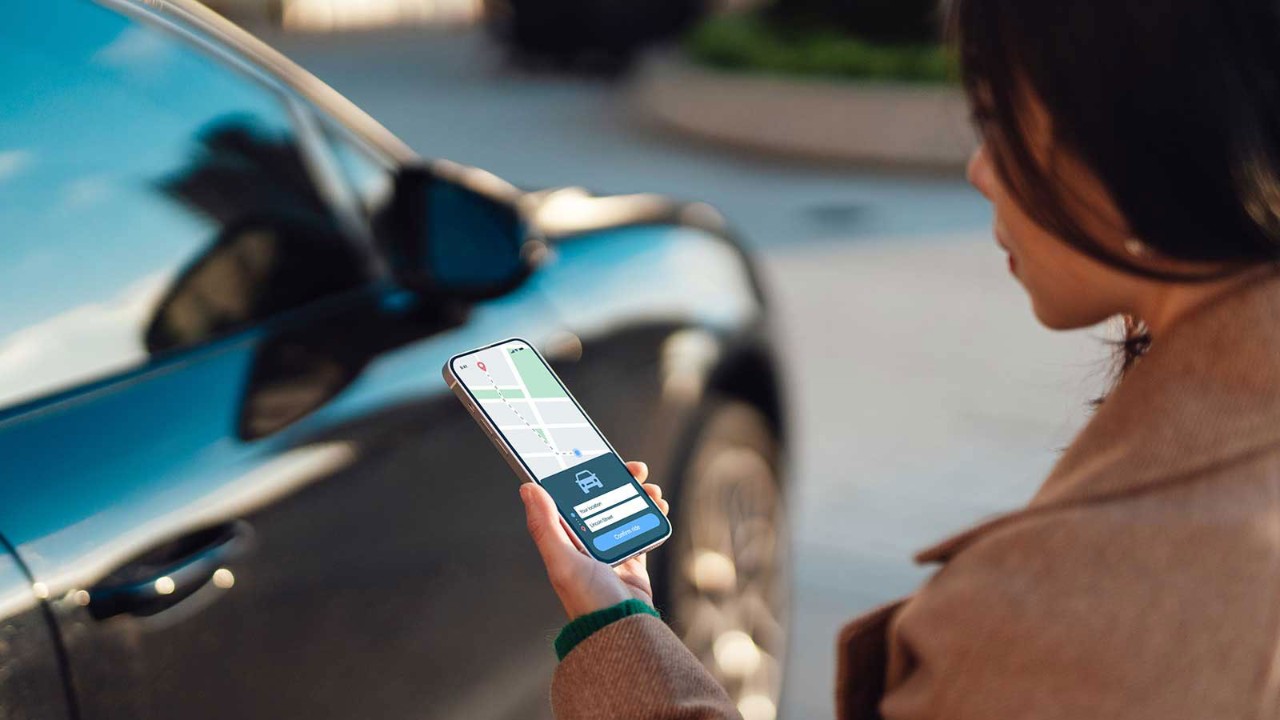
There are currently two opposite VAT implications for those running private hire vehicle (PHV) businesses licensed by Transport for London (TfL).
On the one hand, the business must supply its services as a principal and not as an agent (which typically means higher VAT liabilities). On the other, it may be classed as a tour operator and calculate the VAT due on the difference between the fee charged to the customer and the cost of the ride (which typically means lower VAT liabilities).
The rules could be superseded by the end of the year
If these two rules sound bizarre, or even discriminatory to those living in London, there may be some comfort in knowing they could be superseded by the end of the year as the ongoing legal battles centred around them are about to reach crunch time.
Maintaining status quo
On the obligation for PHV operators to act as principals only if licensed by TfL, there is an imminent hearing at the Supreme Court.
The parties facing each other are Uber (which has a TfL licence) on one side, and the private hire firms Delta Taxis from Liverpool and Veezu from Cardiff on the other. The latter companies are defending their win in the Court of Appeal and hoping to maintain the status quo, which allows drivers to be self-employed contractors of non-TfL regulated private hire vehicle companies.
This in turn means that the drivers, individually, are unlikely to breach the VAT registration threshold and therefore do not need to charge VAT to the final customers. This benefits both the customers (lower fares) and the non-TfL-licensed PHV operators (more business).
The only VAT amounts that HMRC usually cashes in under this scenario are those levied on the commissions charged by PHV operators to self-employed drivers.
The verdict could have significant ramifications for several businesses
What the Supreme Court ultimately needs to determine is whether the Private Hire Vehicles (London) Act 1998 differs from the Local Government (Miscellaneous Provisions) Act 1976, which covers all regions except London, with regards to the requirements for PHV operators to act exclusively as principals. According to the Court of Appeal, only the Private Hire Vehicles (London) Act 1998, and in turn TfL, have such requirements.
Implications
If the Supreme Court disagrees with the Court of Appeal and rules in favour of Uber, it is likely to mean that all private hire companies will have to charge VAT on every ride for being the direct contractual parties of those making a booking, as opposed to simple agents or intermediaries linking drivers (currently, the principals) and the end customers.
As the hearing is scheduled for July, it seems plausible that the Supreme Court ruling will be released before the end of the year.
One of the changes might be the introduction of a VAT Margin Scheme simplification
With 313,000 licensed taxi and 381,100 PHV operators in England alone (as of 2024), the verdict could have significant ramifications for several businesses. The government is likely to be an interested party, too.
It is worth remembering that in April 2024 a government consultation was launched with a view to legislate to change all the VAT rules for PHV operators. One of the possible changes might be the introduction of a VAT Margin Scheme simplification for businesses operating in the sector.
Ongoing cases
Interestingly, such a scheme, which could result in lower VAT charges and costs for PHV operators, is in substance what two major players – Bolt and Uber – are either already benefiting from (Bolt) or arguing that they should (Uber).
This is the result of the other major ongoing legal battle being fought by Bolt and HMRC. It revolves around the application of the so-called Tour Operators’ Margin Scheme (TOMS) rules, with Uber closely monitoring the developments and ready to start a separate legal battle on the same issue if necessary.
HMRC appears to have suspended enforcement of VAT assessments on Uber
Broadly speaking, the scheme allows parties that buy in and resell travel facilities as a principal to only account for VAT on the difference between the amount received from customers (the fares charged in Bolt’s case) and the amount paid to arrange the supplies (the drivers’ share of the fares).
The latest round at the upper tribunal was won by Bolt, which successfully defended its VAT accounting arrangements under the TOMS as a qualifying party. Nonetheless, a further appeal by HMRC to get the matter tested in the Court of Appeal seems likely, and the legal battle could ultimately land at the Supreme Court.
In the meantime, as first reported by the Financial Times, HMRC appears to have suspended the enforcement of the VAT assessments on Uber on the basis of the use of the TOMS.
We’d better brace ourselves for an unpredictable ride
In a recent report submitted to the US Securities and Exchange Commission, Uber explained that ‘Uber UK is remitting VAT under the Value Added (Tour Operators) Order 1987, which allows for VAT remittance on a calculated margin, rather than on Gross Bookings’. It also said that it had received multiple assessments from HMRC disputing the application of VAT Order 1987 for a total of £1.4bn.
However, Uber also added that ‘HMRC has expressed their intention to not enforce assessments pending the determination of the appeal of a competitor on a related matter’.
It is crunch time, and we’d better brace ourselves for an unpredictable ride.


